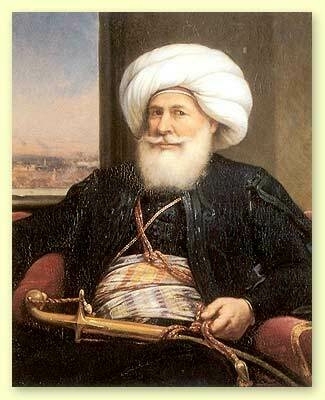Vaccine Hesitancy as part of a Plague Anthology
I’m not sure who’s behind this website, but it looks good. I appreciated the historical context behind vaccine hesitancy in cultures other than my own provided in the most recent post.
Anti-vaxxers adjacent to conspiracy theorists are nuts, but there’s definitely a communications angle to ensuring the effective roll-out of life-saving vaccines.
In Egypt, around 1800, there are reports of 60 000 deaths each year. The Ottoman ruler, Muhammad Ali Pasha, began in 1819 to institute a plan for general vaccinations and the logical people to carry this out were the barber-surgeons, known and trusted by the locals. While the Bedouin had long been enthusiastic about protecting their children in this way, the fellahin (peasantry) was reluctant, largely because they did not trust the government and thought it was a way of “marking” their children for conscription. Religious objections and concerns about mixing Muslim and Christian blood also played their part, and attempts to bribe the vaccinators were not uncommon.Source: Vaccine Hesitancy – Egypt 1866 | Plague AnthologyAfter the serious epidemic of 1836, official efforts intensified, with barber-vaccinators being trained and records kept. Gradually, the message got through and by 1850, the decline in child mortality was affecting the population statistics. The following anecdote, describes a perhaps surprising pocket of vaccine hesitancy.
